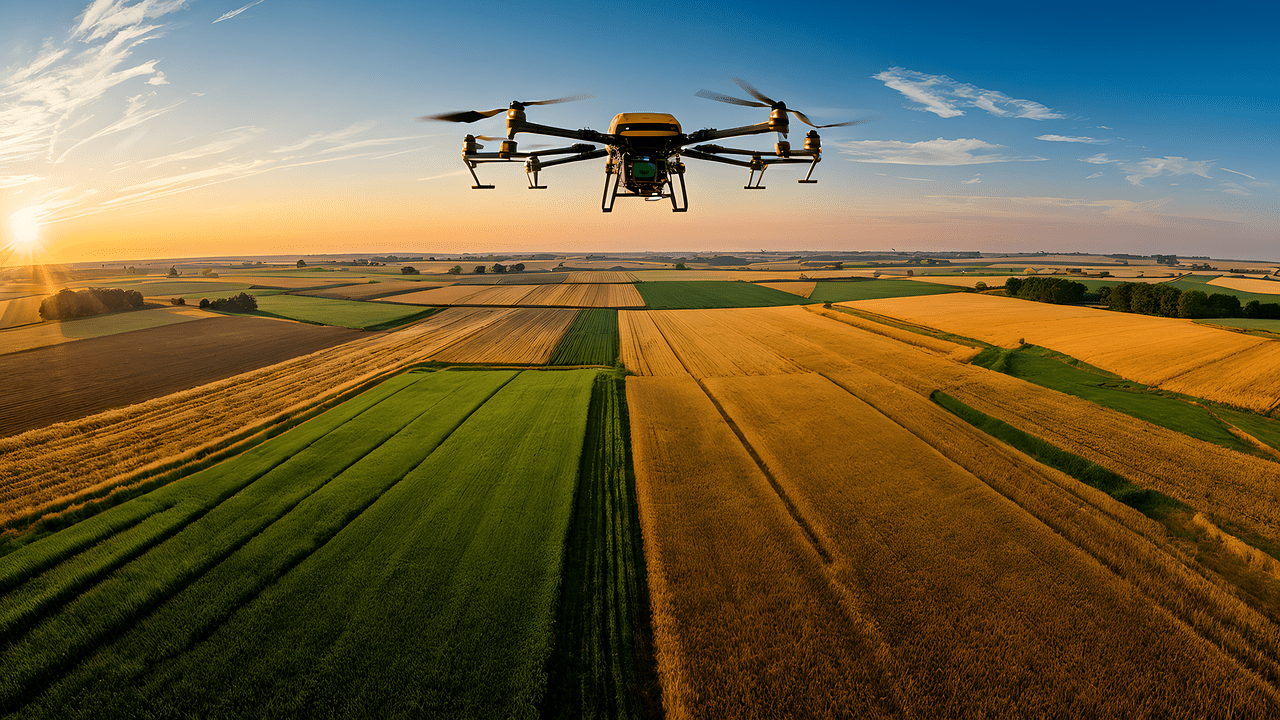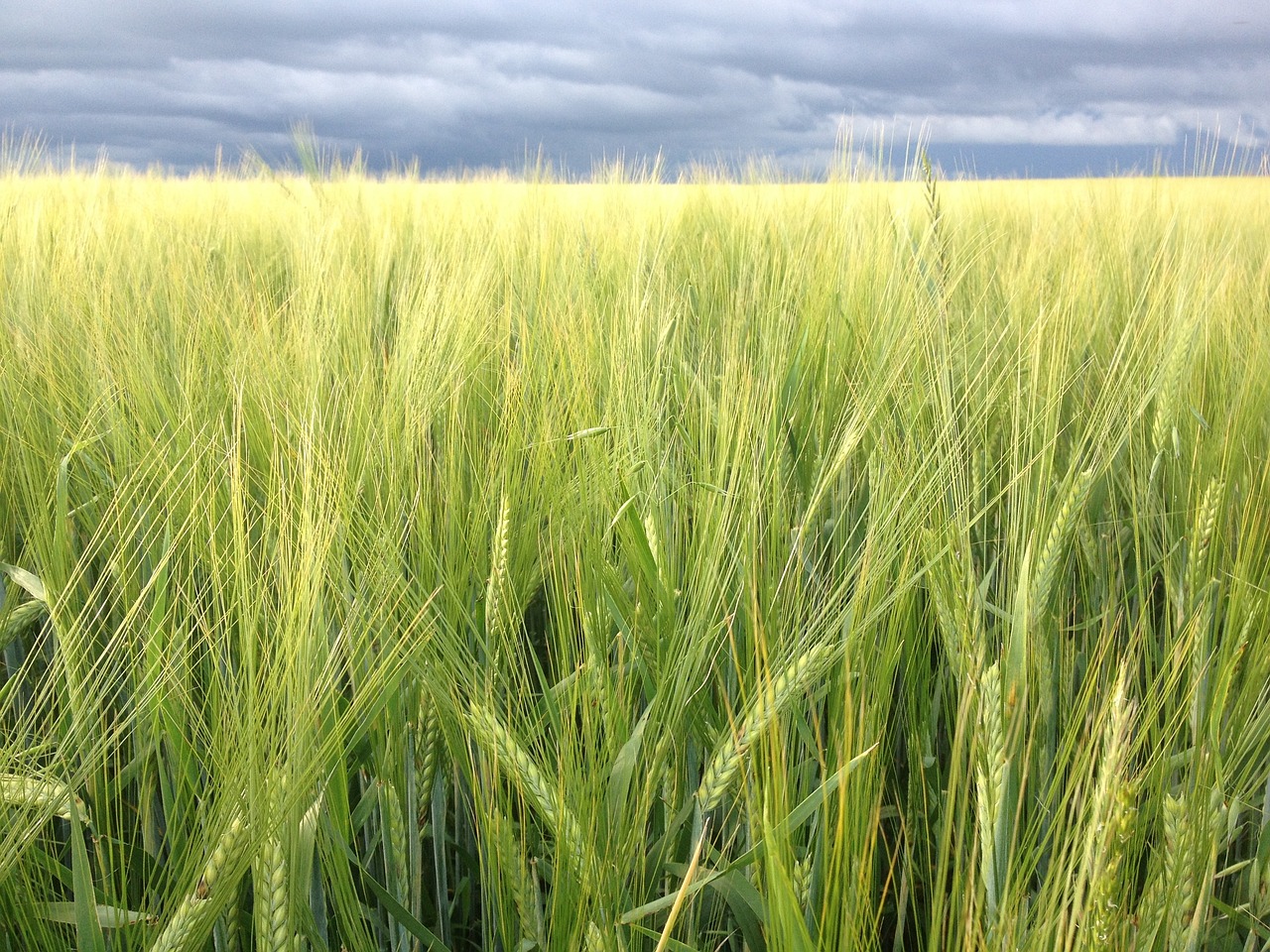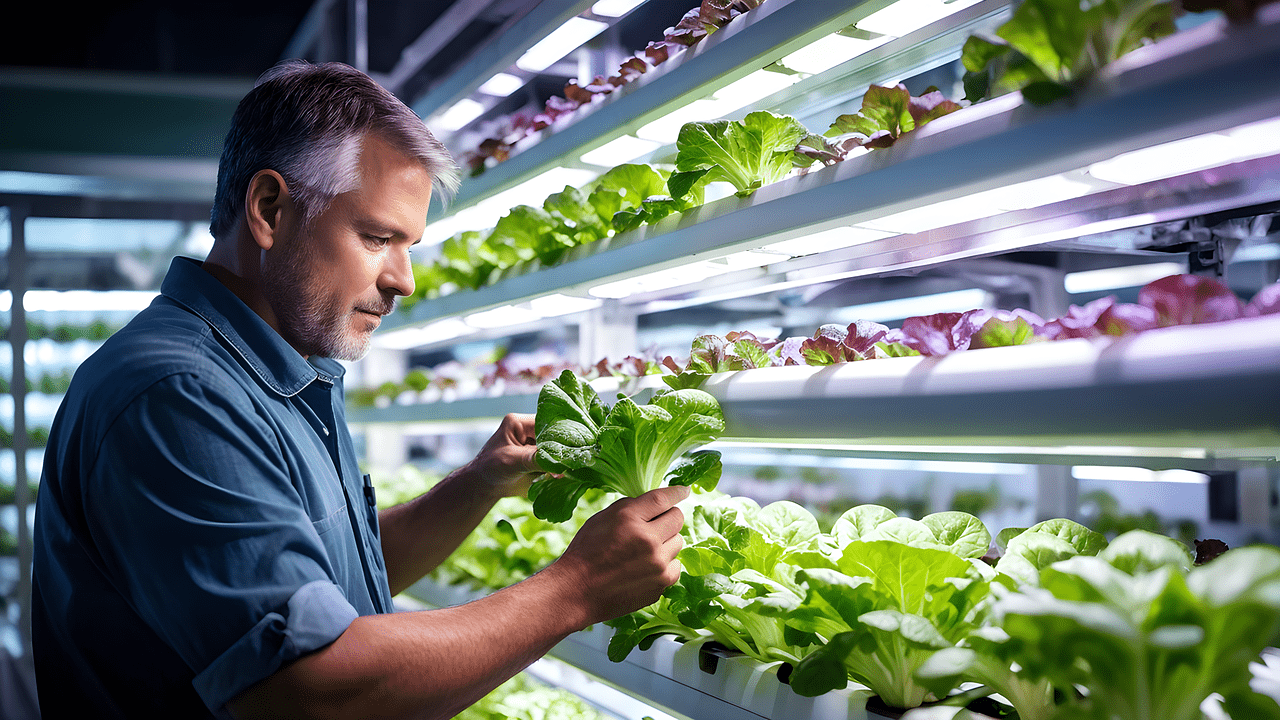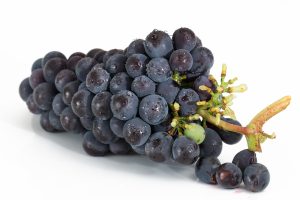How does organic food affect the soil? Have we ever wondered about the impact our food choices have on the very ground that sustains us? As more people lean towards organic options, it’s crucial to understand how these practices benefit, or perhaps even challenge, the health of our soil.
Understanding Organic Food
What Exactly Is Organic Food?
First, let’s clarify what we mean by organic food. Organic food is produced through farming practices that avoid synthetic pesticides, genetically modified organisms (GMOs), and artificial fertilizers. Instead, these practices rely on natural substances and processes, including crop rotation, compost, biological pest control, and green manure.
The Difference Between Organic and Conventional Farming
To grasp the impact on soil health, we need to distinguish between organic and conventional farming. Conventional farming often uses chemical inputs to enhance crop yields while controlling pests and diseases. Organic farming, on the other hand, focuses on holistic approaches to maintain ecosystem balance. This fundamental difference leads to distinct outcomes for soil health.
The Fundamentals of Soil Health
What Does “Soil Health” Really Mean?
Before diving into the impact of organic food on soil, let’s establish what constitutes “soil health.” Healthy soil is a living ecosystem that supports plant growth, regulates water, filters pollutants, and cycles nutrients. Key indicators of soil health include soil texture, structure, porosity, and the diversity of microorganisms present.
Importance of Soil Microorganisms
Microorganisms like bacteria, fungi, and earthworms play a crucial role in maintaining soil health. They decompose organic matter, fix nitrogen, and help plants absorb nutrients. Without these organisms, soil would be lifeless and barren.

Impact of Organic Farming Practices on Soil
Enhanced Soil Structure
One of the immediate benefits of organic farming is the improvement of soil structure. Organic practices such as crop rotation, cover cropping, and adding organic compost increase soil aeration, moisture retention, and root penetration. This results in richer, more resilient soil.
Table: Comparison of Soil Structure
| Soil Property | Organic Farming | Conventional Farming |
|---|---|---|
| Aeration | High | Moderate to Low |
| Moisture Retention | High | Low |
| Compaction | Low | High |
| Root Penetration | Deep and Extensive | Shallow and Limited |
Increased Biodiversity
Organic farming fosters biodiversity both above and below the soil surface. Diverse plant species create habitats for various microorganisms and insects. This biodiversity enhances nutrient cycling and pest management, contributing to a balanced ecosystem.
Enriched Nutrient Cycling
Organic farms typically use compost, green manure, and crop residues, all of which return nutrients to the soil. This organic matter improves soil fertility by providing essential nutrients and promoting microbial activity. In contrast, conventional farms often rely on synthetic fertilizers that can deplete organic matter and reduce soil fertility over time.
Mitigation of Soil Erosion
Practices like cover cropping and maintaining permanent plant cover help to minimize soil erosion. These practices protect the soil from wind and water erosion by holding it in place with plant roots, reducing the loss of fertile topsoil.
Challenges in Organic Farming
Limited Nutrient Sources
While organic farming boasts numerous benefits, it also faces challenges. One challenge is the limited nutrient sources. Organic farmers can’t use synthetic fertilizers, which can make it harder to meet the nutrient demands of certain crops. However, through careful planning and diverse crop selection, many organic farms overcome this obstacle.
Labour-Intensive Practices
Organic farming is often more labor-intensive than conventional farming. Practices like weeding, composting, and manual pest control require a significant amount of time and effort. This can be a barrier for some farmers who may not have sufficient labor resources.
Potential Lower Yields
Organic farming sometimes results in lower yields compared to conventional farming due to the absence of synthetic inputs. However, this yield gap can be minimized with improved organic techniques and continued research in organic agriculture.

The Long-Term Benefits
Improved Soil Resilience
Long-term organic practices build more resilient soil systems. With enhanced structure, biodiversity, and nutrient cycling, soils under organic management are better able to withstand extreme weather events like droughts and heavy rains.
Carbon Sequestration
Organic farming can contribute to carbon sequestration, which is the process of capturing and storing atmospheric carbon dioxide. By increasing soil organic matter, these practices help to store more carbon in the soil, thereby mitigating climate change.
Sustainable Food Production
By prioritizing soil health, organic farming supports sustainable food production. Healthy soil produces nutrient-rich crops, which translates to healthier food for us. Furthermore, sustainable soil management ensures that the soil remains productive for future generations.
Case Studies: Real-World Examples
Rodale Institute Farming Systems Trial
The Rodale Institute has been conducting the Farming Systems Trial since 1981, comparing organic and conventional farming practices. The results consistently show that organic systems improve soil health over time, with higher levels of soil organic matter, better water retention, and increased biodiversity.
Long-Term Agroecosystem Research (LTAR)
A network of sites under the LTAR program provides valuable insights into the benefits of organic farming. These long-term studies reveal that organic practices lead to improved soil structure, microbial activity, and nutrient cycling, all of which enhance soil health.

Recommendations for Supporting Soil Health
Embracing Crop Diversity
To maintain and improve soil health, we should incorporate crop diversity into our farming systems. Diverse crops support a variety of microorganisms and facilitate nutrient cycling, thereby enhancing soil fertility.
Implementing Cover Crops
Cover crops are crucial for protecting soil from erosion and adding organic matter. By planting cover crops during off-seasons, we can prevent soil degradation and maintain soil health.
Using Organic Amendments
Adding organic amendments such as compost and green manure enriches the soil with essential nutrients and organic matter. These practices support microbial activity and improve soil structure.
Reducing Tillage
Reducing tillage minimizes soil disturbance and preserves soil structure. No-till or low-till practices help maintain the soil’s biological activity and reduce erosion.
Promoting Research and Education
Continued research and education in organic farming techniques are essential for advancing soil health. By investing in these areas, we can develop more efficient and effective organic practices.
Conclusion
In conclusion, the impact of organic food on soil health is profound. Organic farming practices not only improve soil structure and fertility but also enhance biodiversity, nutrient cycling, and resilience. Despite challenges such as limited nutrient sources and labor intensity, the long-term benefits of organic farming are undeniable. By supporting organic farming, we contribute to sustainable food production and a healthier planet for future generations.



